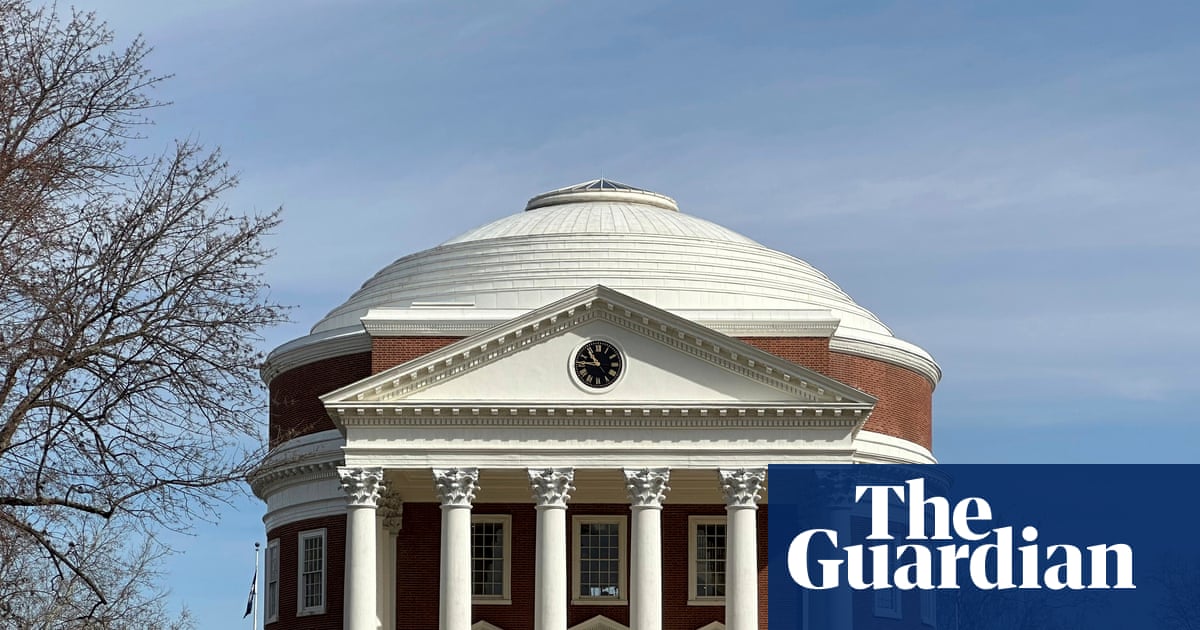Public broadcast station leaders are condemning Donald Trump’s latest victory after the Senate approved a bill on Wednesday that will cancel all federal funding for public broadcasting programs including PBS and NPR.
Following the Senate’s decision to pass $9bn in spending cuts to public broadcasting as well as foreign aid, PBS president and CEO Paula Kerger saying that the Senate’s approval of the package “goes against the will of the American people”.
“These cuts will significantly impact all of our stations, but will be especially devastating to smaller stations and those serving large rural areas. Many of our stations which provide access to free unique local programming and emergency alerts will now be forced to make hard decisions in the weeks and months ahead,” Kerger said.
“Despite today’s setback, we are determined to keep fighting to preserve the essential services we provide to the American public.”
Similarly, NPR CEO Katherine Maher said: “Nearly three in four Americans say they rely on their public radio stations for alerts and news for their public safety.
“We call on the House of Representatives to reject this elimination of public media funding, which directly harms their communities and constituents, and could very well place lives at risk.”
Kate Riley, president and CEO of the advocacy group America’s Public Television Stations, said the organization was “devastated that the Senate voted to eliminate federal funding to the local public television stations throughout this country that provide essential lifesaving public safety services, proven educational services and community connections to their communities every day for free”.
The head of Native Public Media, Loris Taylor, called the Senate’s decision “deeply troubling”.
Taylor, who heads a network of 57 Native radio stations and four T stations, had privately implored South Dakota Republican senator Mike Rounds to reject the package, the New York Times reported on Wednesday.
Following the Senate’s passage of the bill, which Rounds ultimately endorsed, Taylor said: “It poses an immediate threat to the survival of small, rural, and Tribal stations across the country. These hyperlocal stations, many of which are the only source of local news, emergency alerts, educational programming, and cultural preservation, operate with limited resources and rely on [the Corporation for Public Broadcasting] funding to stay on the air.
“Without this federal support, Native and rural communities stand to lose critical lifelines that connect them to the rest of the nation.”
Echoing similar sentiments, Tom Abbott, general manager of the KFSK community radio in Petersburg, Alaska, said: “This destructive rescission of CPB funding – the substantial majority of which goes to local stations per statutory formula – will result in immediate and serious cuts to stations’ local services and in some cases the total closure of stations, particularly in rural communities.”
Abbott said: “KFSK is about to lose 30% of our budget for this fiscal year, which began on July 1. We have a staff of five with an additional two part-time high school students and a Columbia University School of Journalism graduate student employed as our summer news intern. We will be forced to reduce our staff and therefore reduce our local service.”
He added: “Our broadcast day is nearly 60% locally produced content, ironically this revenue cut will likely result in more NPR-produced content in the event we can continue to raise enough donations locally to remain relevant and on the air.”
LaFontaine Oliver, president and executive chair of New York Public radio, shared similar concerns over the cuts’ impacts on smaller stations.
“While CPB funding represents a relatively modest percentage of New York Public Radio’s revenue, approximately 4%, the loss of CPB funding will still have a notable impact on our ability to serve audiences in our city and region with local news, community conversation, and cultural and classical music programming,” Oliver said.
“But we know that federal funding accounts for a much more significant amount of the budget for stations in smaller markets and rural areas, places that often lack commercial broadcast options, and those communities will feel the impact most swiftly and deeply,” he added.
As part of NYPR’s response to the threats from the Trump administration over public broadcasting, the station created a new role for LaFontaine – executive chair – this week. The station said this new role was created to allow LaFontaine “to focus on the long-term sustainability of NYPR and the broader public radio system”.
“He’ll be focusing on fundraising from foundations, members and other public sources, forging new collaborations and finding ways to support smaller stations,” NYPR added.
Other stations have also begun making internal changes. Earlier this week, the San Francisco-based TV and radio station KQED announced that it was making a 15% reduction to its workforce, citing “a number of concurrent attempts to eliminate or impair federal funding for public media.”
KQED president Michael Isip said: “We are deeply troubled that the Senate voted to eliminate congressionally approved federal funding for public media … If enacted, this bill poses serious financial challenges to NPR, PBS, and all local stations like KQED.
“Ultimately, the greatest impact will be on the communities we serve who rely on us for emergency communications, educational programming and services for our youngest learners, and trustworthy local news and information. This will be especially devastating in rural areas where their local public media station is their only local source for critical media services.”
Source link

